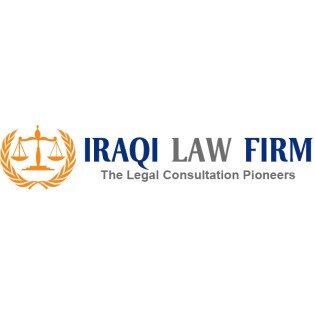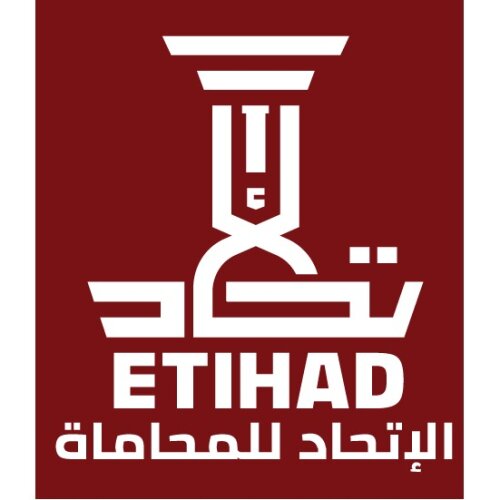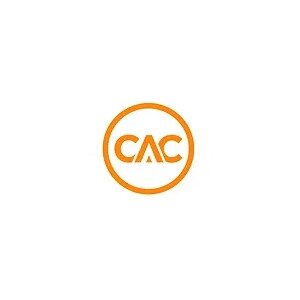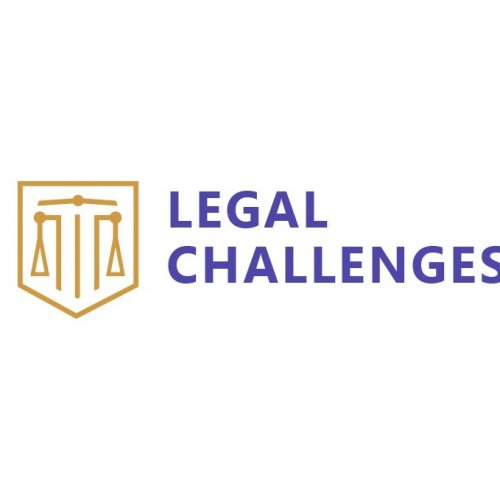Best Debt Capital Markets Lawyers in Baghdad
Share your needs with us, get contacted by law firms.
Free. Takes 2 min.
List of the best lawyers in Baghdad, Iraq
About Debt Capital Markets Law in Baghdad, Iraq
Debt Capital Markets (DCM) in Baghdad, Iraq refer to the segment of the financial market where governments, corporations, and other entities raise funds by issuing debt instruments such as bonds, sukuk, and notes to investors. The DCM plays a central role in supporting the Iraqi economy by providing long-term funding for infrastructure projects, government spending, and private sector expansion. Lawyers specializing in this area help ensure that issuances comply with both Iraqi regulations and international standards, and that all parties involved understand their legal rights and responsibilities.
Why You May Need a Lawyer
There are various situations in which legal guidance is essential in the Debt Capital Markets:
- Structuring Debt Issuances: Companies and government entities may require advice on the most effective structure for a bond or sukuk offering.
- Drafting and Reviewing Documentation: The legal documentation required for a DCM transaction can be complex and must comply with Iraqi law and, where applicable, international best practices.
- Regulatory Compliance: Issuers and investors must ensure that their activities comply with the regulations of the Central Bank of Iraq and other relevant authorities.
- Cross-border Transactions: When a transaction involves foreign investors or is listed on an international exchange, additional legal considerations arise.
- Dispute Resolution: Disputes can occur over bond covenants, defaults, or interpretation of DCM contracts, requiring expert legal intervention.
- Investor Protections: Legal advisors can help investors understand their rights and enforce remedies when there are breaches or defaults related to debt instruments.
Local Laws Overview
Debt Capital Market activities in Baghdad are governed by a combination of local laws, regulations, and guidelines issued by financial regulatory agencies. Key pieces of legislation include:
- Central Bank of Iraq Regulations: The Central Bank regulates the issuance and trading of debt instruments and supervises the securities market.
- Iraqi Companies Law (No. 21 of 1997, as amended): This law sets the corporate framework for entities issuing debt instruments and their governance responsibilities.
- Banks Law (No. 94 of 2004): Governs banking institutions, which are often intermediaries or participants in DCM activities.
- Iraq Stock Exchange (ISX): The ISX provides a platform for listing and trading certain debt securities, subject to its listing rules and disclosure requirements.
- Islamic Finance Regulations: Sukuk issuances must comply with Shariah principles, requiring specific legal and religious oversight.
The regulatory environment is evolving, and parties must stay updated on new rules that impact debt capital transactions, especially as Iraq seeks to attract foreign investment and deepen its financial markets.
Frequently Asked Questions
What is a debt capital market?
A debt capital market is a marketplace where entities like governments and corporations raise funds from investors by issuing debt securities like bonds and sukuk, which are repaid with interest or profit over time.
Who regulates debt capital markets in Baghdad, Iraq?
The Central Bank of Iraq and the Iraq Stock Exchange are the main regulatory bodies, with supporting oversight from the Iraqi Ministry of Finance for public issuances and broader compliance.
What types of debt instruments are commonly issued in Iraq?
Common instruments include government bonds, corporate bonds, Treasury bills, and Islamic sukuk. Each has its own regulatory and structural requirements.
Can foreign investors participate in Iraq's debt capital markets?
Yes, subject to certain restrictions and compliance with foreign investment and anti-money laundering regulations.
How does Islamic finance influence debt issuances in Baghdad?
Islamic finance principles forbid interest, so sukuk (Islamic bonds) are structured to comply with Shariah law, involving profit-sharing arrangements rather than fixed interest payments.
What documents are needed for a typical debt issuance?
Key documents include the offering circular, trust deed, legal opinions, prospectus, and, for sukuk, Shariah board certification.
What are the risks involved in investing in Iraqi debt instruments?
Risks can include political instability, currency fluctuations, credit risks, and regulatory changes. Legal advice can help investors understand and mitigate these risks.
How are defaults handled in the DCM context?
Defaults are typically addressed through contractual remedies, enforcement of security, and, if necessary, litigation or arbitration under Iraqi law or other agreed legal frameworks.
Do debt issuances in Iraq require credit ratings?
While not always required, credit ratings provide transparency and can enhance investor confidence. For international offerings, ratings are more commonly sought.
What are the tax implications for DCM transactions in Iraq?
Taxation in Iraq may apply to interest or profit payments, capital gains, and fees associated with debt transactions. Consulting a legal or tax advisor is highly recommended.
Additional Resources
- Central Bank of Iraq: The primary regulatory authority for banking and capital market activities.
- Iraq Stock Exchange (ISX): For access to market regulations, listing requirements, and trading platforms.
- Iraqi Ministry of Finance: Involved in government bond programs and public debt management.
- Baghdad Chamber of Commerce: Can provide business and legal contacts for companies considering capital-raising activities.
- Local law firms: Experienced DCM lawyers based in Baghdad can offer tailored legal advice and representation.
Next Steps
If you are considering participating in or advising on a Debt Capital Markets transaction in Baghdad, the following steps may help you proceed:
- Identify your role and objectives - whether as issuer, underwriter, investor, or advisor.
- Gather preliminary information about the planned transaction and any specific compliance needs.
- Consult a qualified lawyer or law firm with experience in Iraqi debt capital markets and related regulations.
- Engage early with any relevant government agencies or financial market platforms.
- Request a comprehensive legal due diligence review before committing to any transaction.
- Keep updated on changes in Iraqi laws and regulations impacting capital markets.
Legal support is essential to navigate regulatory requirements, minimize risks, and ensure the integrity and success of any Debt Capital Markets activity in Baghdad, Iraq.
Lawzana helps you find the best lawyers and law firms in Baghdad through a curated and pre-screened list of qualified legal professionals. Our platform offers rankings and detailed profiles of attorneys and law firms, allowing you to compare based on practice areas, including Debt Capital Markets, experience, and client feedback.
Each profile includes a description of the firm's areas of practice, client reviews, team members and partners, year of establishment, spoken languages, office locations, contact information, social media presence, and any published articles or resources. Most firms on our platform speak English and are experienced in both local and international legal matters.
Get a quote from top-rated law firms in Baghdad, Iraq — quickly, securely, and without unnecessary hassle.
Disclaimer:
The information provided on this page is for general informational purposes only and does not constitute legal advice. While we strive to ensure the accuracy and relevance of the content, legal information may change over time, and interpretations of the law can vary. You should always consult with a qualified legal professional for advice specific to your situation.
We disclaim all liability for actions taken or not taken based on the content of this page. If you believe any information is incorrect or outdated, please contact us, and we will review and update it where appropriate.

















